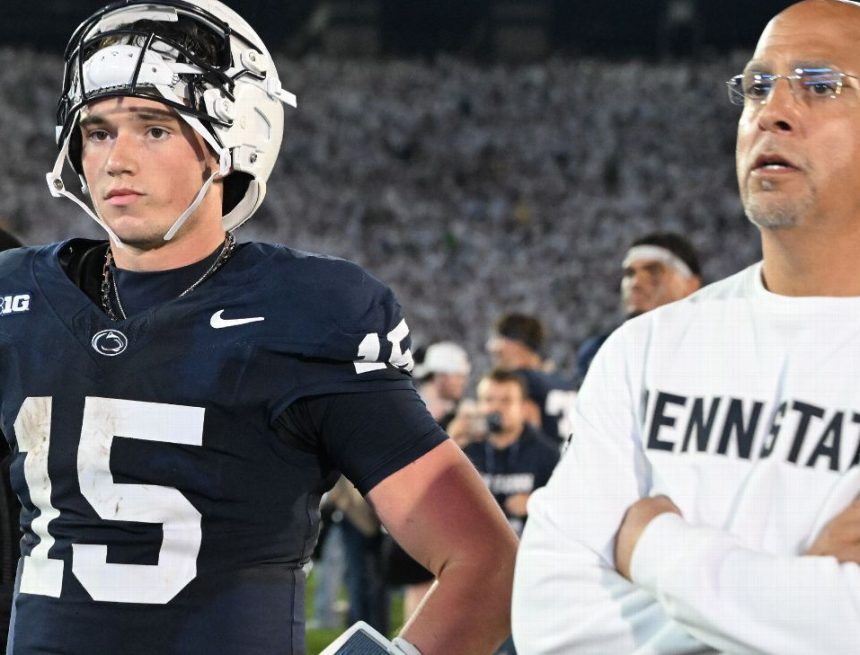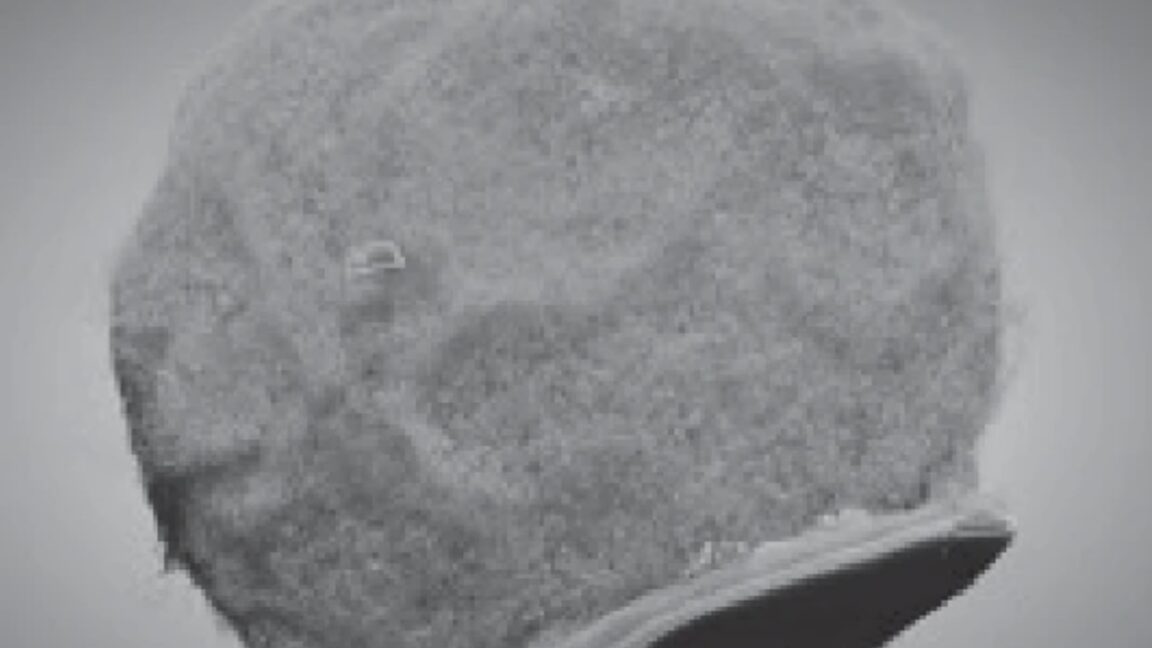Like Jonathan Freedland, I very much enjoy Blue Lights, in part because I feel like it is an accurate reflection of the Northern Ireland I know and grew up in (Blue Lights is more than great TV. It might be the best chance Britons have of reckoning with the Troubles, 24 October). I enjoyed his article linking the TV show to Bloody Sunday until the penultimate line, where he argues that for Northern Ireland “the tension between justice and peace – the sacrifice of one so often the price of the other – is a living, ever-present reality”.
How can these two things be in tension? Surely the very point of the Bloody Sunday campaign is that, for those affected, there can be no peace until there is justice. How can Northern Ireland be a just society when some are at peace while others are still fighting the war?
Surely, instead, the tensions are within the concepts of peace and justice themselves. There are many forms of peace, just as there are many forms of justice. Political tensions in contemporary Northern Ireland are more thanks to the plurality of these terms, than thanks to any tension between them.
This is a society working towards fuller realisation of peace and justice. Arguments which suggest tension between these concepts, or that one need to be sacrificed to further the other, are arguments that ultimately discourage fuller realisation of them both.
If there’s something that people in Northern Ireland might recognise, which others in the UK might not be able to understand, it is that working with the plurality of terms like peace and justice – and reckoning with the political tensions that this plurality engenders – is a never-ending labour of love, whose fruits (a truly plural society) will never be realised, but are always worth pursuing.
Robbie Gilmore
Belfast
Bravo to Jonathan Freedland for his article and his knowledge of the history and realities of life in Northern Ireland. He is one of a tiny number of British journalists who “gets” our part of the UK and has a clear understanding of why it is very different from the rest, and is treated very differently from the rest.
Tens of thousands of people of a certain age are victims of the 30 years of the Troubles, either directly or indirectly, and the shadows of that war are still blighting the lives of many people, and will continue to do so for many years to come. Thanks to Jonathan for acknowledging that.
Margaret Thatcher memorably said that Northern Ireland was “as British as Finchley”. We knew that was bollocks then, and we know it now. It has not changed one iota. It’s nice to have one journalist acknowledge that we in this part of the UK do actually matter.
David Cross
Dungannon, County Tyrone
Jonathan Freedland refers to “what were so understatedly called the Troubles”. It is a frequent English misconception to interpret “the Troubles” as understatement. It is not.In England the word “trouble” equates to “inconvenience”, but in Hiberno- English it means “sorrow”. The standard condolence on a bereavement is “Sorry for your troubles”.
Stephen Butcher
Tullaghgarley, County Antrim
Jonathan Freedland rightly demonstrates the power of the arts to provide historical insight that might otherwise elude us. I recall watching the 1982 adaptation of Gerald Seymour’s novel Harry’s Game in my teens. It was tense, disturbing and provided an essential education.
My teenage son is now asking questions about Irish history. Where to start? There has been so much tragedy that factual explanation seems horribly reductive. Drama helps young people understand and empathise, so Blue Lights is certainly to be recommended.
It would also be great to see a revival of Welsh National Opera’s poignant 2015 production of Bellini’s I Puritani, directed by Annilese Miskimmon and updated to the time of the Troubles. Sadly, the historical underfunding of the company makes this an unlikely prospect, however timely it would be.
Kate Lough
Southsea, Hampshire


